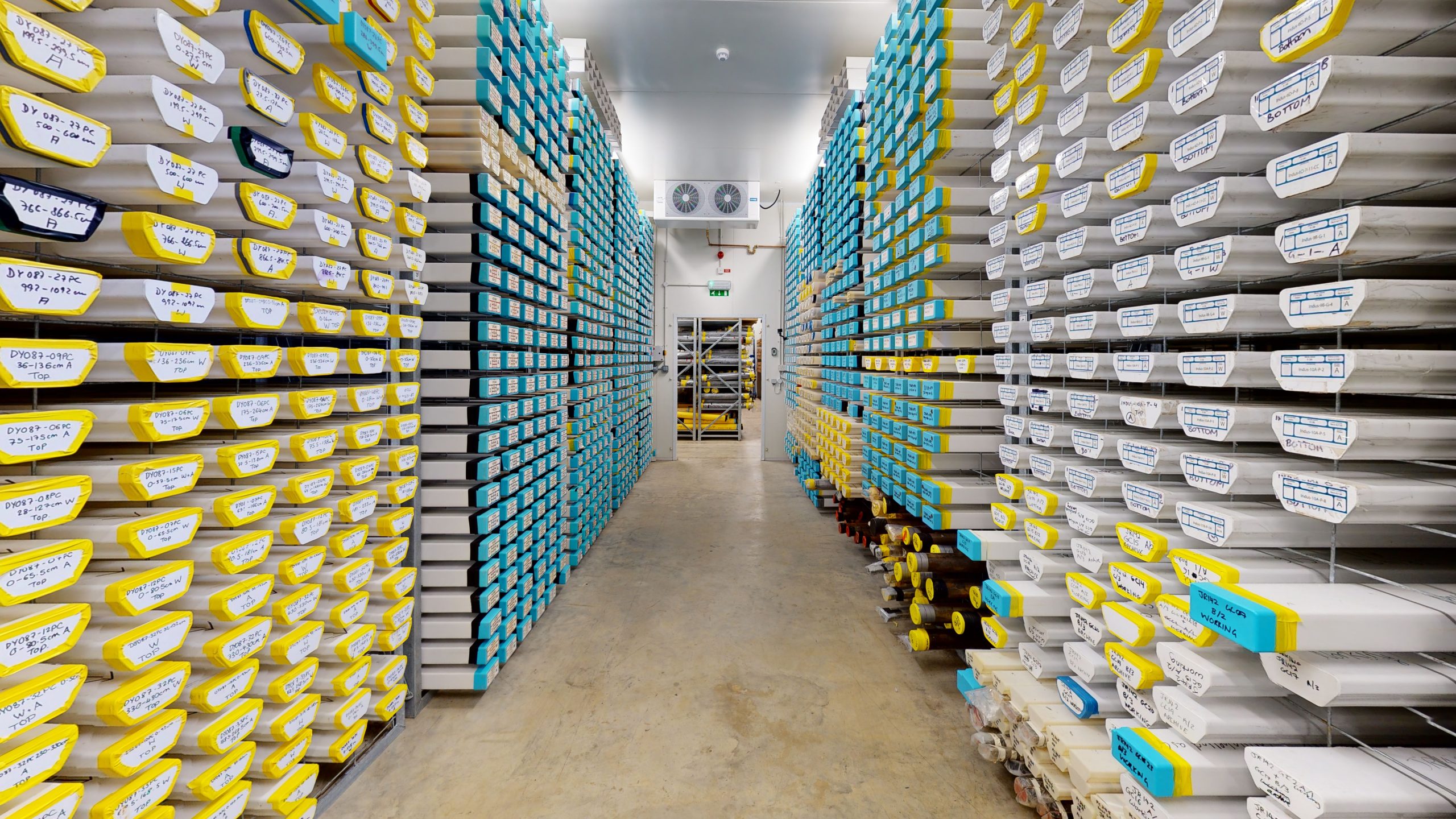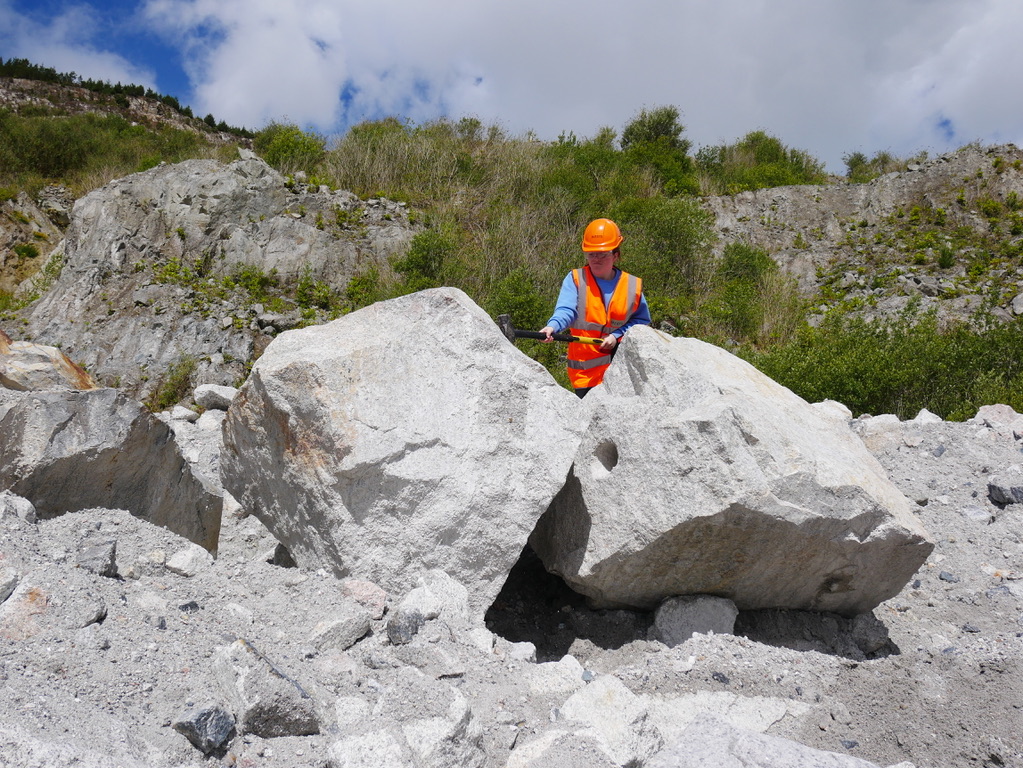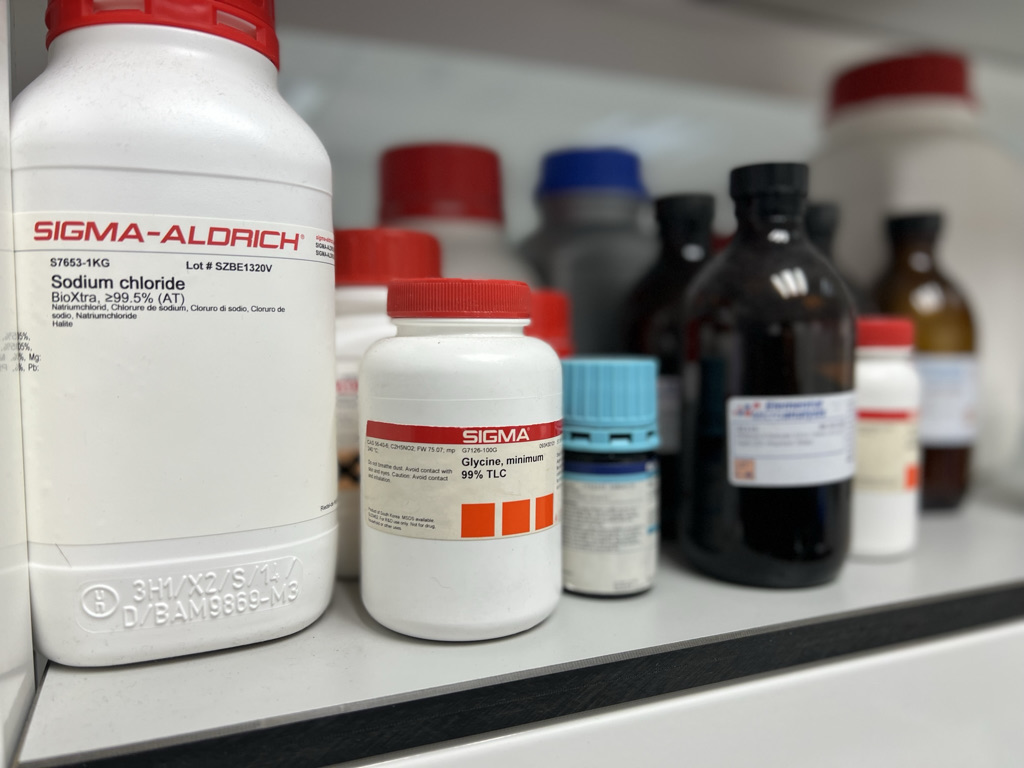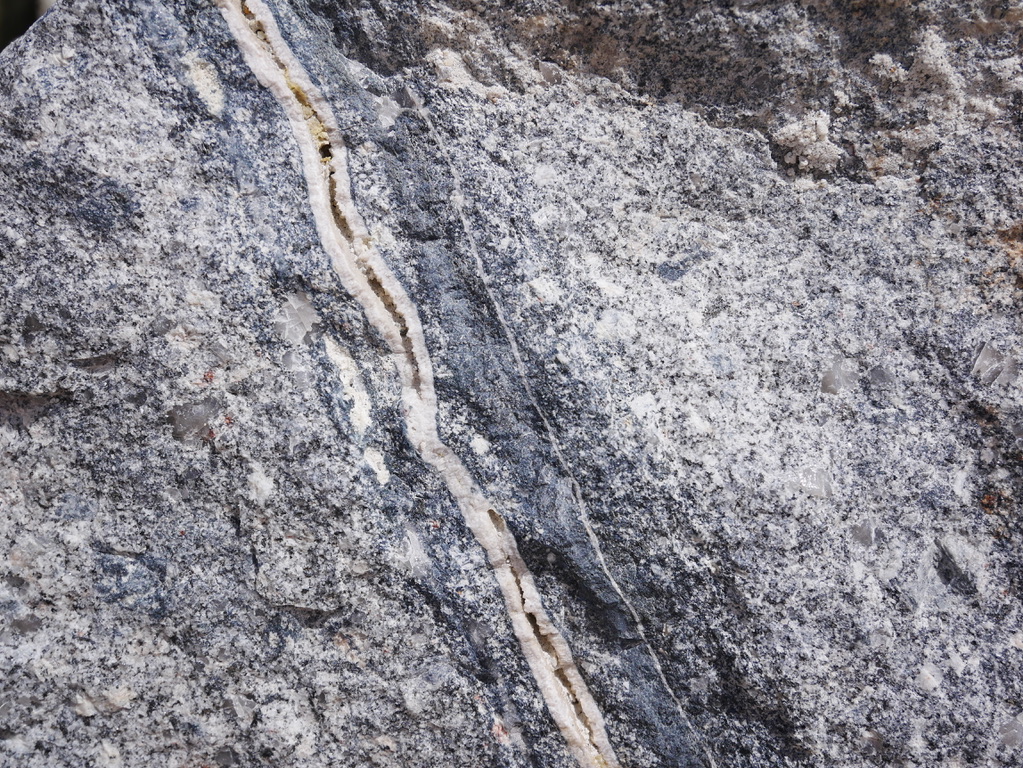Welcome to the Geo-Biosciences Advanced E-Learning Academy.
This is a new initiative developed by two NERC supported facilities, the National Environmental Isotope Facility (NEIF), and the British Ocean Sediment Core Research Facility (BOSCORF). These facilities offer a wide range of analyses that support UK geoscience and bioscience, whilst NEIF primarily provide isotope analyses for geochronology, geochemistry and biochemistry, BOSCORF curate the UK’s National deep sea core collection, currently over 14 KM of core, and also offer specialise non-destructive analysis of both these, and any other core material brought to the facility.

The range of methods supported by these facilities will form the basis of the courses and skills videos offered here. Whilst the first course open for enrolment will be the Ar-Ar and K/Ar Geochronology course, it will be closely followed by a detailed look at the use of stable isotopes in modern ecology, non-destructive XRF core scanning, cosmogenic nuclides, and uranium decay geochronology.
This collection of courses all aim to deliver a comprehensive training tool for each method. Covering the fundamentals, or the theory behind each approach, allowing you to understand if this is the right method for your study, or how to interpret data in older publications. We then move through sample collection in the field and have accompanied staff on fieldwork to bring you videos detailing how to collect, preserve and where necessary, pre-treat your samples to ensure you can obtain the highest quality data.

Once back at the lab, our sections on sample preparation cover the steps that each sample undergoes to purify or concentrate the analyte, with videos, relevant papers, and supportive forums where you can ask our facility staff directly.
Whilst many people try to visit a facility to prepare their own sample, or to observe the analysis, this is not always possible, so the steps on analysis take you into each of the facilities, break down the mass spectrometer or other instrument of interest, and give you an all-access training program. Guided by expert staff, you should understand how your samples are introduced, the choices that are made when setting up the analytical run, and how this impacts your data.
Once you have your data, our data section will guide you through the steps taken in house for quality control, the steps you should take before using your sample for an interpretation, and how to handle the data that accompanies it, such as standards. This section provides a guided tour of data handling for those who have not used the method before, in addition to serving as a refresher for experienced users. We also cover the range of data repositories and data reporting measures you should take to ensure you data has a long and useful life after your study is complete.

Our final section will highlight some recent research using the method, or how to combine methods to create multiproxy studies with high impact. These videos are arriving in Spring/Summer 2023 for each of the courses.
Our skills videos are intended to improve your understanding of critical topics in science, focussed either on instrumentation, such as the range of mass spectrometers and their uses, or data, such as how to estimate uncertainty, how to use isotopic reference materials (standards) and how to access materials for scientific research. We also plan to cover other topics that affect the wider community, keep an eye on our social pages for updates.
The full list of courses in development can be seen here, and we anticipate new courses released at regular intervals throughout 2023.
Radiocarbon
How to use Oxcal
Compound specific geochemistry
Physical properties of sediment cores
2D and 3D imaging of sediment cores
High temperature stable isotopes in Geology
Stable isotopes for reconstructing environmental change
Cosmogenic Nuclides
Uranium Decay Geochronology
Stable isotopes in hydrology
Ar-Ar and K/Ar geochronology

